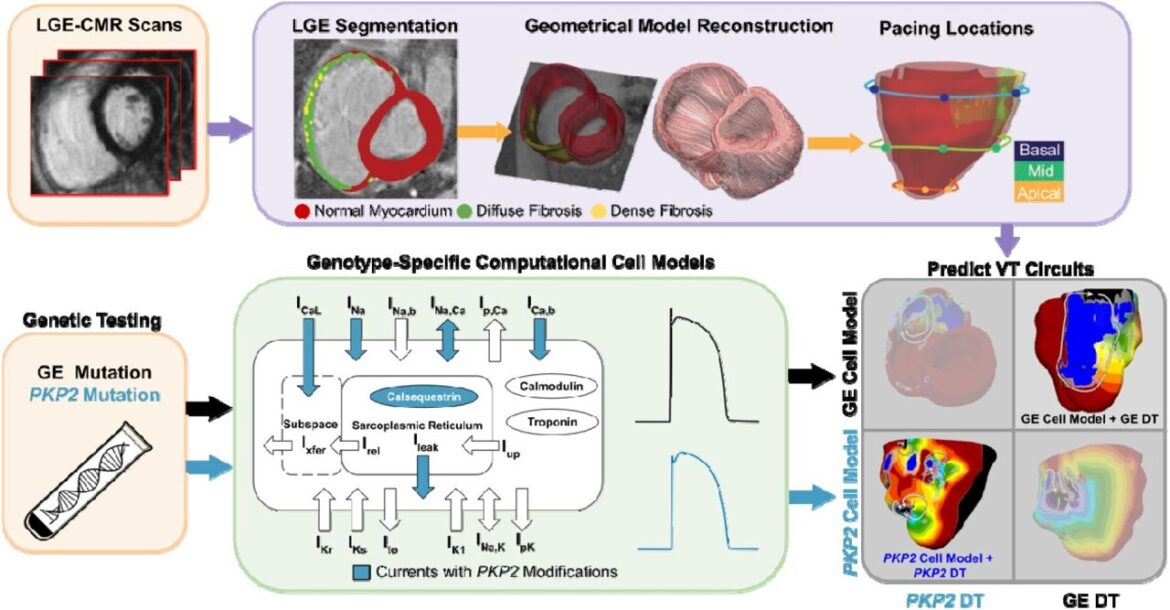Genetic testing has revolutionized the field of oncology, offering valuable insights into the genetic makeup of tumors and guiding personalized treatment strategies for cancer patients. By analyzing the genetic alterations present in cancer cells, healthcare providers can tailor treatment plans to target specific molecular pathways, improving therapeutic outcomes and patient survival. In this article, we explore the role of genetic testing in guiding cancer treatment plans, highlighting its significance in precision medicine and personalized cancer care.
Understanding Genetic Testing:
Genetic testing involves the analysis of DNA or RNA molecules to identify genetic mutations or alterations associated with cancer development and progression. These tests can detect a wide range of genetic changes, including single nucleotide variants, copy number alterations, gene fusions, and chromosomal rearrangements. By characterizing the genetic profile of a tumor, healthcare providers can better understand its molecular drivers and select targeted therapies that are most likely to be effective.
Targeted Therapy Selection:
Genetic testing plays a crucial role in guiding the selection of targeted therapies for cancer patients. Targeted therapies are designed to specifically inhibit molecular targets or pathways that drive tumor growth and survival. By identifying genetic mutations or alterations that drive cancer progression, healthcare providers can match patients with targeted therapies that directly interfere with these aberrant pathways, leading to more effective treatment responses and improved clinical outcomes.
Predicting Treatment Response:
Genetic testing can help predict how individual patients are likely to respond to specific cancer treatments. By analyzing genetic biomarkers associated with drug sensitivity or resistance, healthcare providers can anticipate how a patient’s tumor will respond to certain therapies. This information enables clinicians to make more informed decisions about treatment selection and sequencing, optimizing therapeutic strategies to maximize benefit while minimizing potential side effects and treatment-related toxicities.
Monitoring Treatment Resistance:
Genetic testing also plays a crucial role in monitoring treatment response and identifying mechanisms of treatment resistance in cancer patients. Over time, tumors may acquire additional genetic mutations or alterations that confer resistance to targeted therapies or chemotherapy drugs. By performing serial genetic testing at different stages of treatment, healthcare providers can detect emerging resistance mechanisms and adjust treatment plans accordingly, ensuring ongoing therapeutic efficacy and disease control.
Advancing Precision Medicine:
Genetic testing is at the forefront of precision medicine, a groundbreaking approach to cancer care that emphasizes the customization of treatment plans based on the unique molecular characteristics of each patient’s tumor. By integrating genetic testing into routine clinical practice, healthcare providers can deliver more precise, individualized care that targets the underlying drivers of cancer progression, ultimately leading to improved outcomes and better quality of life for cancer patients.
Genetic testing has transformed the landscape of cancer treatment, offering personalized insights into tumor biology and guiding tailored therapeutic strategies for patients. By harnessing the power of genetic testing, healthcare providers can optimize treatment selection, predict treatment response, monitor treatment resistance, and advance the principles of precision medicine in oncology. As genetic testing technologies continue to evolve, the promise of personalized cancer care grows ever brighter, offering hope for improved outcomes and enhanced survival for cancer patients worldwide.








